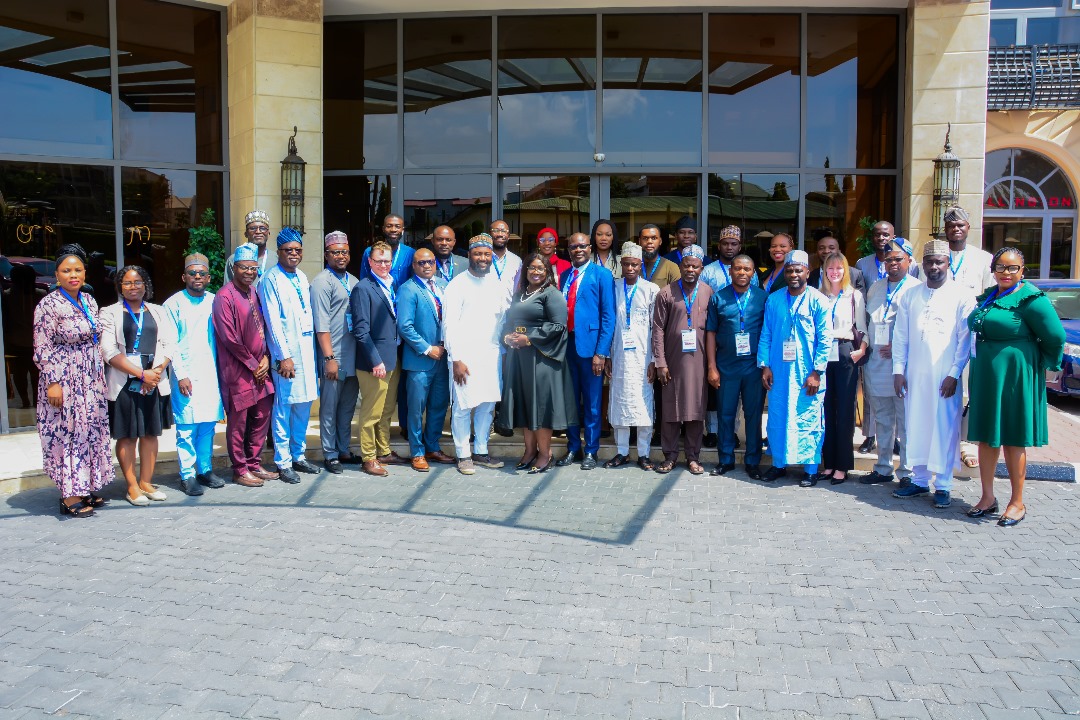LoGRI and the African Centre for Tax and Governance (ACTG) conducted a property tax diagnostic assessment in Kaduna, Ekiti, and Niger states. The study aimed to identify barriers to revenue improvement, prioritize reforms, and propose actionable solutions. To share the findings, LoGRI and ACTG hosted a two-day stakeholder engagement conference in Abuja, bringing together government officials, technical advisors, civil society representatives, and researchers.
Day One: Key Insights and Challenges
LoGRI’s Executive Director, Dr. Titilola Akindeinde, opened the event by emphasizing the importance of interagency collaboration and taxpayer trust in successful property tax reform.
Doctoral Fellow Graeme Stewart-Wilson provided an overview of the property tax cycle, covering property identification, valuation, rate setting, billing, collection, and enforcement.
Members of ACTG presented the study’s findings, which identified key barriers to effective property tax collection, including:
- Weak intergovernmental cooperation.
- Incomplete property discovery processes.
- Inconsistent valuation and rate-setting procedures.
- Insufficient taxpayer sensitization and outreach.
Addressing these issues could help Nigerian states unlock much-needed local revenue, improving service delivery and strengthening fiscal autonomy.
Day Two: Collaboration and Innovative Solutions
The second day of the conference focused on collaboration among decision-makers from the three study states. Participants shared experiences and discussed practical solutions for improving property tax systems. Discussions covered both political and technical strategies for enhancing equity and transparency in revenue collection.
These discussions helped identify actionable steps to overcome common challenges and implement reforms tailored to local contexts.
A Platform for Dialogue and Progress
The conference provided a valuable opportunity for attendees to connect, share diverse perspectives, and exchange ideas on the future of property taxation in Nigeria. By fostering dialogue across states, participants were able to gain insights into effective practices and innovative approaches to reform.
The event highlighted the potential of property tax reform to equip local governments with the tools needed to address community needs. Improved collection systems could enable local governments to generate more revenue and reduce dependence on central transfers, fostering greater fiscal independence and resilience.
You can read the full news item here.

Titilola Akindeinde
Executive Director

Graeme Stewart-Wilson
Doctoral Fellow

